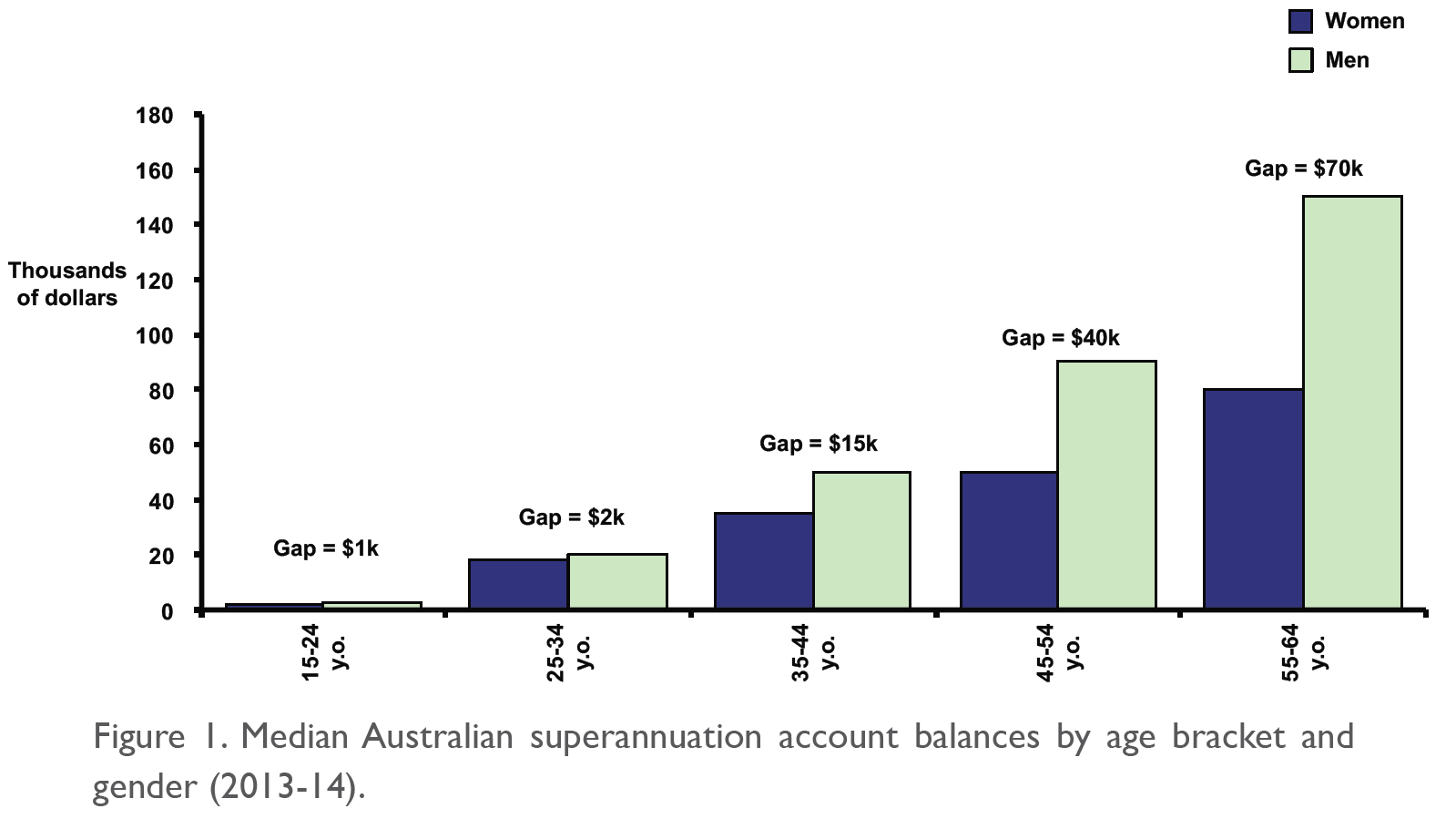ESTATE PLANNING and SUPERANNUATION – The importance of considering Superannuation as part of your overall Estate Planning
Estate Planning Decision: In D17-18/120 (2018) SCTA 24 the Superannuation Complaints Tribunal (“Tribunal”) had to consider an application by the Deceased three minor children for payment of the death benefit and whether the binding death benefit could be overruled.
Facts
- The Deceased had two adult children with his first wife and three minor children with his second wife.
- After being diagnosed with a terminal illness the Deceased signed a new Will and at the direction of his solicitor, a Binding Death Benefit Nomination (“BDBN”) ( six months prior to his death.)
- Both the Will and BNBN were in favour of his two adult children in equal parts.
- The evidence supplied was that the Deceased had not been in contact with his second wife for many years; however had a strong and close relationship with his adult children.
- The second wife sought that the death benefit be split equally among all children. This application was rejected by the Trustee.
- The second wife/minor children brought an application to the Tribunal. It was asserted that the BDBN was not valid as adult children were not considered dependants. It was also asserted that the BDBN was invalid as a result of duress, coercion and undue influence.
Decision
- The Tribunal had to consider whether the Superannuation Decision to pay the death benefit as per the BSBN was fair and reasonable.
Validity of the adult children as “dependents”
- The Tribunal held that for the BDBN to be valid the nomination must be in favour of the legal personal representative or a ‘dependant’ of the Deceased.
- Further, the Tribunal found that, under section 10A of the Superannuation Industry (Supervision) Act 1993 a ‘dependant’ of a child includes a child of the deceased member, whether or not that child is less than 18 years of age. Therefore, the Tribunal held that the adult children were both considered dependents and consequently thebinding decision was valid.
Influence/coercion
- The Tribunal placed great emphasis on the evidence supplied by the Deceased Member’s mother and the solicitor who took instructions and gave a statement regarding the Deceased capacity.
- The Tribunal noted the solicitor’s statement… “The deceased had clear instructions and had full capacity at the time he attended the (solicitor’s offices)
The above determination highlights the importance of getting your Will properly drafted and the need to consider superannuation. If the Deceased had not obtained legal advice and updated his Will and his BDBN, the outcome of this contested Death Benefit Payment may have been very different. [...]

